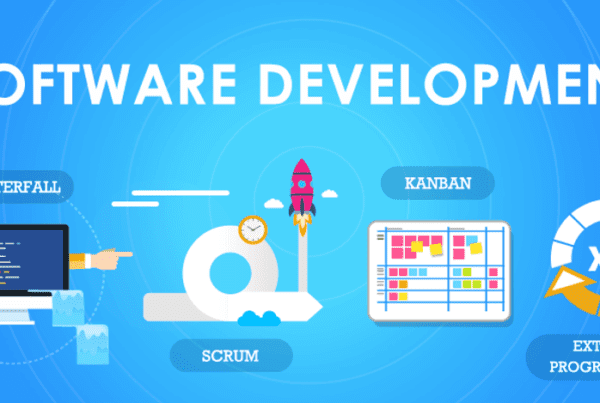Free software is one that gives its users the freedom to run, copy, study, modify, and distribute the software. In other words, it gives you the ability to control the program and what it does.
When we buy software, we are actually acquiring a license to use it, so whoever obtains it is bound by numerous and subtle rules such as, for example, not being able to share or modify the program.
However, a few years ago a group of programmers dedicated themselves to writing and sharing the so-called free software that not only allows us to copy programs but also to study, execute, and distribute them freely.
Do you want to discover more about him? Keep reading this article.
What is free software?
Its definition is associated with the birth of the free software movement, led by Richard Stallman and the Free Software Foundation (Foundation for Free Software) in 1985.
Free software is all software whose source code can be freely studied, modified, and used for any purpose, and even copied and redistributed with or without changes.
In other words, this type of software gives any person or organization the freedom to use a program for any kind of work and without the obligation to communicate it to a developer or any specific entity.
What are the 4 freedoms of free software?
For a program to be free software, it must have four freedoms:
Freedom 0: to use the program for any purpose
The freedom to run the program for any purpose means that every user is free to use the software in:
- any computer system;
- with any type of work and purpose;
- Without obligation to communicate to any specific entity or the programmer.
In other words, the user is not prohibited or prevented from executing it since what matters is their purpose and not that of the programmer.
Freedom 1: to study how the program works and to be able to modify it
To have freedoms 1 and 3, it is necessary to have access to the source code, so this is a fundamental condition for free.
Now, Freedom 1 constitutes the freedom to use the modified version (according to the wishes and needs of the user) instead of the original.
Freedom 2: to distribute copies of the program to any person or organization
The freedom to distribute the program (Freedoms 2 and 3), is that users have the freedom to redistribute and share copies with or without modifications, without having to ask or pay any permission to do so.
In addition, the programs can be distributed for free or by charging a fee for it.
Freedom 3: to improve the program and share improvements for the benefit of all
Freedom 3 makes it possible to improve the program – and, like Freedom 2 – makes it possible to share and release modified versions as free software and, in this way, benefit the people or organizations that use it.
Furthermore, not all Open Source software has to be free, however, all products and their derivatives developed in free software must be free.
5 advantages of free software
1. Development and continuous improvement
The fact that the source code is accessible allows many people to review and test the code and, as a consequence, there is not only a better result but also the security is far superior to proprietary.
On the other hand, free software is attended by many users who directly evaluate the flaws or faults that the program presents.
For this reason, it is not necessary to wait for the manufacturing company to launch an update or a corrected version on the market, which allows reducing the time for solving problems.
2. Allows technological independence
By not relying on large software vendors, users can decide whether to migrate or upgrade the system, without having to submit to decisions imposed by that vendor.
3. It allows savings in the acquisition, maintenance, and renewal of technologies
It is much cheaper to face an update or a massive installation of open software than proprietary.
In addition, by not having to invest in annual licenses, users can save money or use it to acquire other necessary software linked to the company’s service.
4. Allow being copied
As we mentioned earlier with freedoms, free can be copied, so without the need to acquire new licenses, it can be distributed to all those who need it.
5. Provides autonomy
As you could read above this content, users have control over the source code, so with free, they have absolute freedom to use the program for any purpose, without restrictions, and adapt it to the needs of each company.
In conclusion
This software often requires technical knowledge not common among computer users.
Therefore, it is necessary that if you are going to integrate it into your company you have a person who knows about this whole world and helps you analyze and select those tools that are useful to you.










safe online pharmacies http://pharmacylo.com/ drug store news
best canadian pharmacy no prescription diuretics Olanzapine
canadapharmacy24h http://pharmacylo.com/ Avapro